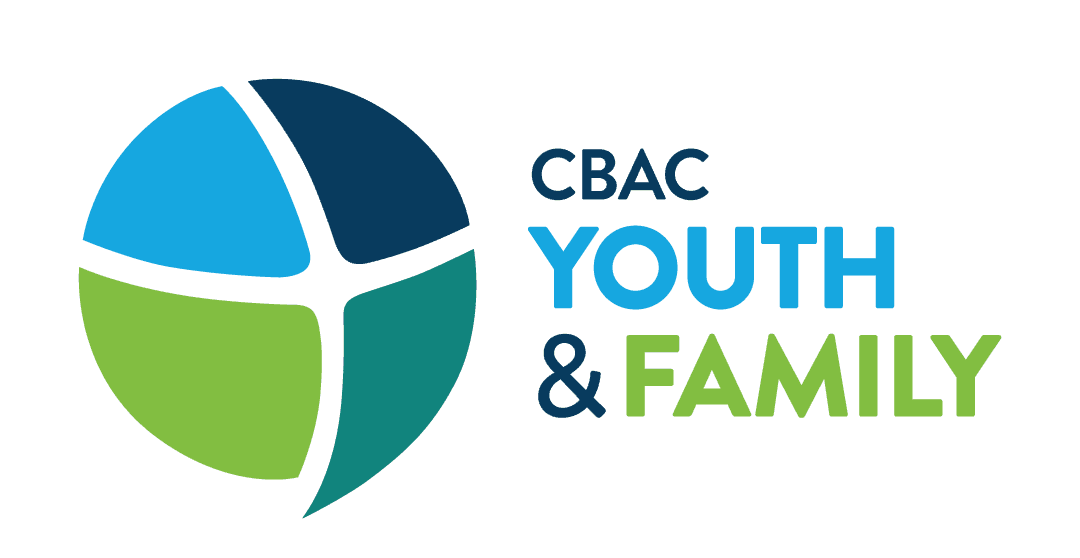I sure feel for grade 12 students. They must get asked a million times “What are you doing next year?” That is an awful lot of pressure.I remember being in grade 13 (no, not because I failed a grade, but because I went to high school in Ontario back in the day when they had grade 13) and it felt like I was deciding the ENTIRE rest of my life and I even had that extra year to figure it all out.
Take the pressure off. Students finishing high school are in no means deciding the rest of their lives. For each of us, if we are honest, life has been a journey. It is actually relatively easy to switch majors or programs at University/College, to change specialties or even change careers. “They” tell us most of us will hold several jobs in our lifetime. (e.g. http://www.workopolis.com/content/advice/article/how-many-jobs-do-canadians-hold-in-a-lifetime/)
You know, while I was asked a lot about what I was doing after high school for studies or a job, I was not asked once what I was doing for my faith. Not once. Were you asked? Are grade 12 students today asked? I could write a whole book on transitioning your faith from high school to life after high school. Instead I’m going to suggest a few needed conversations for parents, leaders and mentors to have with students finishing high school. I’m not an expert on this, but here’s the questions (in no particular order) I think we need to be discussing with our grade 12 students. Let me know what I’ve missed. Plus, grade 12 students, let me know if this is helpful or not! And, a hint, as we have these conversations – parents/leaders, let’s do more of the listening and let the students do more of the talking.
1. Where will you plug into Christian community when it’s not with the youth group (or whatever regular things you’ve been doing in high school) anymore?
2. If you’ll be going to a different church after high school – a. What will be weird about being at a new church? b. What do you look forward to in checking out a new church? c. What will you miss about your church now? d. How will you work at getting connected in a new church? e. Is there somewhere (church, Christian community) we can go to visit together ahead of time? Is there someone we can meet ahead of time?
3. What are your values? Name 10 things that you do not want to change about you in the next 4 years. a. How will you keep those values? b. How will you respond and what will you do when those values are challenged?
4. a. What is important to you about your faith? (Not your leaders’ faith or your parents’ faith, your faith) b. When no one is watching to see if you go to church or is there to get you up in time to go to church, what do you think your reaction will be?
5. Who do you want to stay connected to from your home church? From youth group? From your high school friends? How will you stay connected?
6. How can I be helpful to you as you make this transition?
7. When you’re completely free to do your own thing and no one is holding you to rules or guardrails on a weekend – what do you want your weekend to look like? How will you decide what your weekend looks like?
8. Who will you run to when you are stressed or in trouble after high school?
9. So far in your life, what are the most significant things that have helped you grow and be strong in your faith? From looking at that, what can you learn about what helps you grow the most? How can you incorporate those things into your life after high school?
10. As you look ahead to your first year after school… a. What worries you? b. What excites you?
11. How do you recognize God’s leading in your life?
12. What are your dreams? a. Where would you love your life to be in 10 years? b. What do you think God’s dreams are for you?
Plus, here are two great resources for you: 1. An event, if you’re in Atlantic Canada called Potential Impact, that is a retreat just for grade 12 students (AND starting in 2017, grade 11 students are invited too!) to explore God’s call on their lives http://cbacyf.ca/potential/ 2. A book and e-book put out by the CBOQ called “Transitions: Ensuring Faith Formation in Children and Youth”http://cboqyouth.ca/sdm_downloads/transitions/
Hope this helps. -Renée @r_embree


